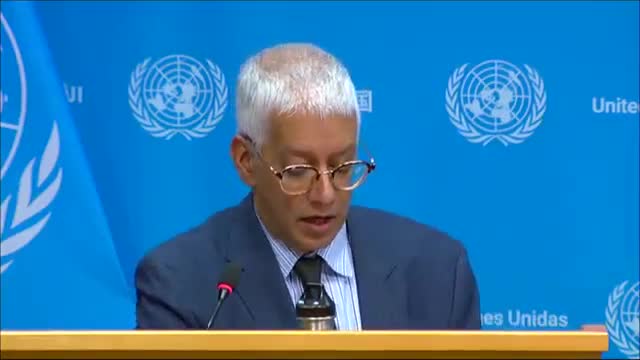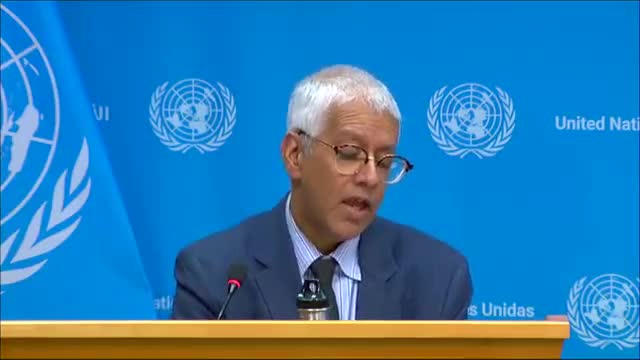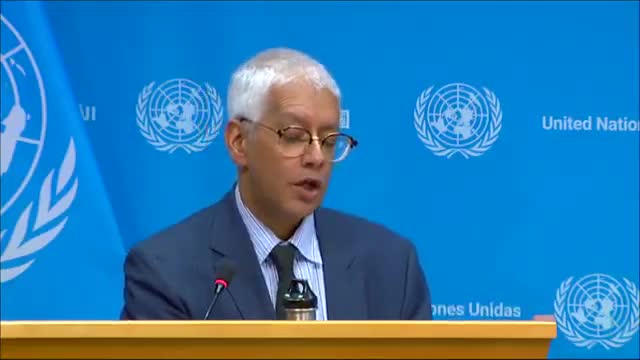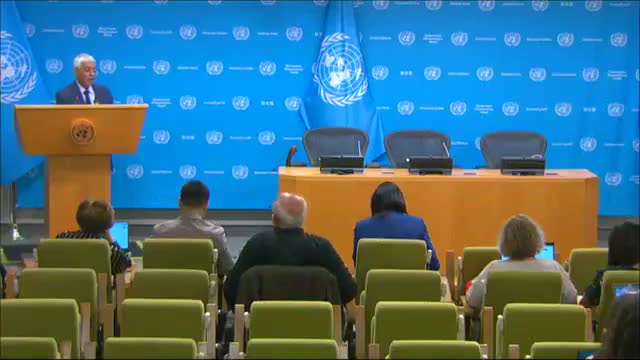Article not found
This article is no longer available. But don't worry—we've gathered other articles that discuss the same topic.

UN agencies report nearly 138 million children in child labor in 2024; hazardous work remains widespread

UN says Kharkiv struck overnight; civilians, including children, were killed and infrastructure damaged

UN agencies report sharp rise in internal displacement in Haiti, now about 1.3 million

